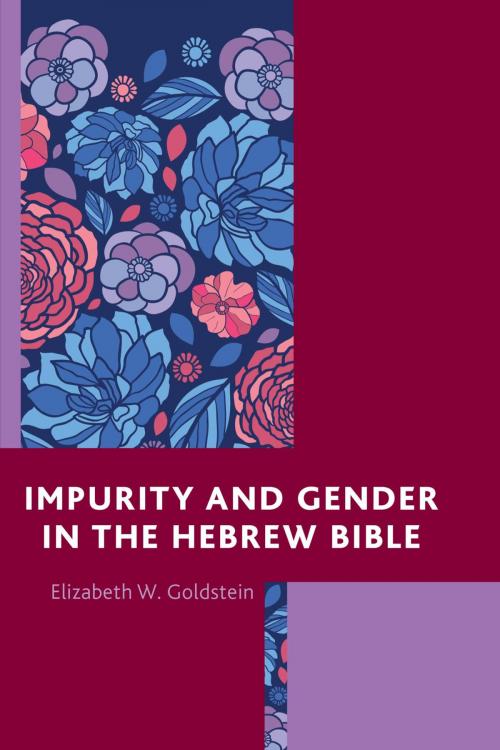Impurity and Gender in the Hebrew Bible
Nonfiction, Religion & Spirituality, Judaism, Beliefs, Practices, & Rituals, Bible & Bible Studies, Old Testament, Criticism & Interpretation| Author: | Elizabeth W. Goldstein | ISBN: | 9781498500814 |
| Publisher: | Lexington Books | Publication: | September 17, 2015 |
| Imprint: | Lexington Books | Language: | English |
| Author: | Elizabeth W. Goldstein |
| ISBN: | 9781498500814 |
| Publisher: | Lexington Books |
| Publication: | September 17, 2015 |
| Imprint: | Lexington Books |
| Language: | English |
Impurity and Gender in the Hebrew Bible explores the role of female blood in the Hebrew Bible and considers its theological implications for future understandings of purity and impurity in the Jewish religion. Influenced by the work of Jonathan Klawans (Sin and Impurity in Ancient Judaism), and using the categories of ritual and moral impurities, this book analyzes the way in which these categories intersect with women and with the impurity of female blood, and reads the biblical foundations of purity and blood taboos with a feminist lens. Ultimately, the purpose of this book is to understand the intersection between impurity and gender, figuratively and non-figuratively, in the Hebrew Bible. Goldstein traces this intersection from the years 1000 BCE-250 BCE and ends with a consideration of female impurity in the literature of Qumran.
Impurity and Gender in the Hebrew Bible explores the role of female blood in the Hebrew Bible and considers its theological implications for future understandings of purity and impurity in the Jewish religion. Influenced by the work of Jonathan Klawans (Sin and Impurity in Ancient Judaism), and using the categories of ritual and moral impurities, this book analyzes the way in which these categories intersect with women and with the impurity of female blood, and reads the biblical foundations of purity and blood taboos with a feminist lens. Ultimately, the purpose of this book is to understand the intersection between impurity and gender, figuratively and non-figuratively, in the Hebrew Bible. Goldstein traces this intersection from the years 1000 BCE-250 BCE and ends with a consideration of female impurity in the literature of Qumran.















